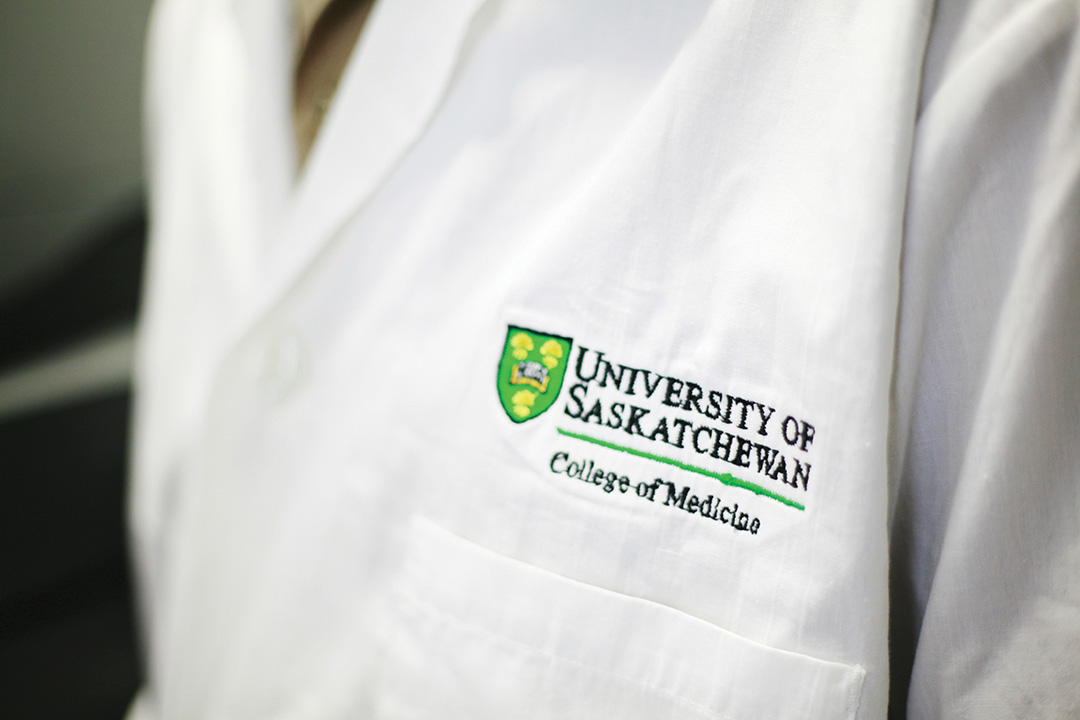
U of S College of Medicine granted full accreditation
Saskatchewan’s medical school has achieved full accreditation of its undergraduate program from the Committee on Accreditation of Canadian Medical Schools (CACMS). The result was communicated to the University of Saskatchewan (U of S) yesterday. The college hosted a full-site accreditation visit in fall 2017.
By University Communications“This successful outcome for our College of Medicine is an important component of the significant contributions our university makes to the province and people of Saskatchewan,” said Tony Vannelli, U of S provost and vice-president academic. “A strong medical school, housed within a leading research-intensive university like ours, benefits everyone.”
The college will provide the accrediting body with some written reports as follow up to provide data that wasn’t available at the time of the visit. If these reports satisfy accreditation requirements, the College of Medicine could potentially not have another accreditation visit for the undergraduate program for a full eight years—the best possible timeframe outcome.
“The college has worked very hard on improvements in our medical doctor program and we are highly encouraged by this positive acknowledgement,” said Dean of Medicine Dr. Preston Smith. “In particular, CACMS does not require a follow up visit, which is a strong indication of confidence in our team and our program.”
The college’s work in recent years to improve areas of student services and support, curriculum, faculty engagement and governance were successful, with clean ratings from the accrediting body.
“We’ve worked across a continuum of change, starting with improvements in our admissions processes that also include a very effective Indigenous admissions approach, and a new Diversity and Social Accountability Admissions Program this year to support opportunities for those from socio-economically challenged backgrounds,” Smith said.
Other improvements include a four-year transition to a new undergraduate medical curriculum that was completed in 2017. As well, faculty engagement in teaching in the college has more than doubled in the past year. In medical research, recent successes include funding through the Canadian Institutes of Health Research that’s more than doubled this year, and recruitment of key research positions including the Cameco Chair in Indigenous Health and the Saskatchewan Chair in Multiple Sclerosis Clinical Research. Students, faculty and staff are benefiting from new, state-of-the-art facilities in the university’s Health Sciences Building, funded in large part by the province, and at the college’s Regina campus in the Regina General Hospital, where about 40 per cent of second through fourth-year medical students complete their undergraduate studies.
“Our students, faculty and staff have been exceptionally engaged and done an incredible amount of work across all areas of our college to support change and to achieve a successful accreditation result,” Smith said.
“Our vision for the future aligns well with that of the province and today’s positive news about accreditation shows that the future is very bright indeed,” Vannelli said.

